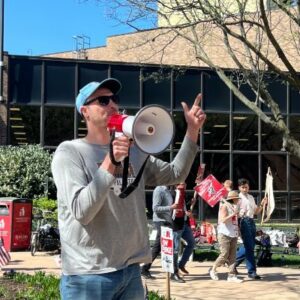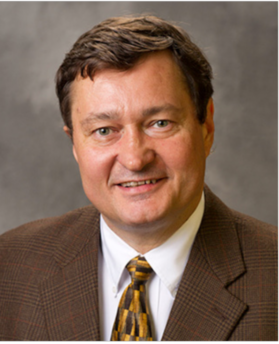A year ago, I was named director here at CURE. As we enter my second year on the job, I want to share my reflections on the past year, and where we’re going.
The biggest thing I learned at CURE in year one was that our community partners are asking for movement work, not service work. Rutgers does a lot of great volunteering and service, but our partners have been asking us for work that contributes to something bigger. That means taking on research projects that contribute to a wider mission and movement.
The through line in much our community-engaged research is that something bigger. Over this year, we’ll be sharing reflections from members of our research teams. But to start the year, I wanted to provide you with a snapshot of what community-engagement that is movement-focused looks like:
– Our research with One Camden is producing an educational equity analysis of Camden’s unique universal enrollment system. In April, we presented preliminary findings at the Urban Affairs Association Conference. We’re sharpening those findings, and setting up a meeting with stakeholders at the Camden School District so that our findings about the challenges of Spanish-speaking households in navigating Camden’s school choice eco-system can impact policy.
– We’ve worked with the South Jersey Institute for Population Health (SJIPH) and will be launching a partnership formation award this Fall that recognizes and funds the work that community organizations put into partnering with academics at Rutgers University-Camden and Rowan University. I’m really excited about this model!
– This October, we’ll be partnering with Mighty Writers to launch a youth participatory planning project to help build the drumbeat for a community-owned grocery store in Camden. That project, let by CURE Graduate Assistant Melissa Thompson, has already been highlighted by TapInto Camden.
– Our Who Owns Camden? project builds on the success of research by Rutgers in Newark. By working with the Camden Community Development Association, we’ve identified that multiple LLCs are being used to mask corporate purchases from larger corporations. We’ll be releasing more on that study soon.
– Over the summer, we had 13 Community First Fellows placed in community organizations and trained in community-engaged pedagogies. We’ve had overwhelmingly positive feedback about how these placements helped organizations expand their capacity and continue their good work. Many have already asked when they can next receive a fellow.
There are more projects than just those, and through the year you’ll be hearing about them. I’m extremely proud of this research. For each of these projects we sat down with community folks and talked about what research could mean for community work that was already happening. In doing so, we imagined projects that support local work while also producing academic knowledge.
That’s why we say CURE is a place where community work and research go hand-in-hand.
This Tuesday (September 10th, 4-6pm) we’ll be celebrating that work with our Fall Friends of CURE event. It’s the first of many chances to meet the community we’re building, get involved, and join the movement. I hope you’ll join us.
– Stephen




